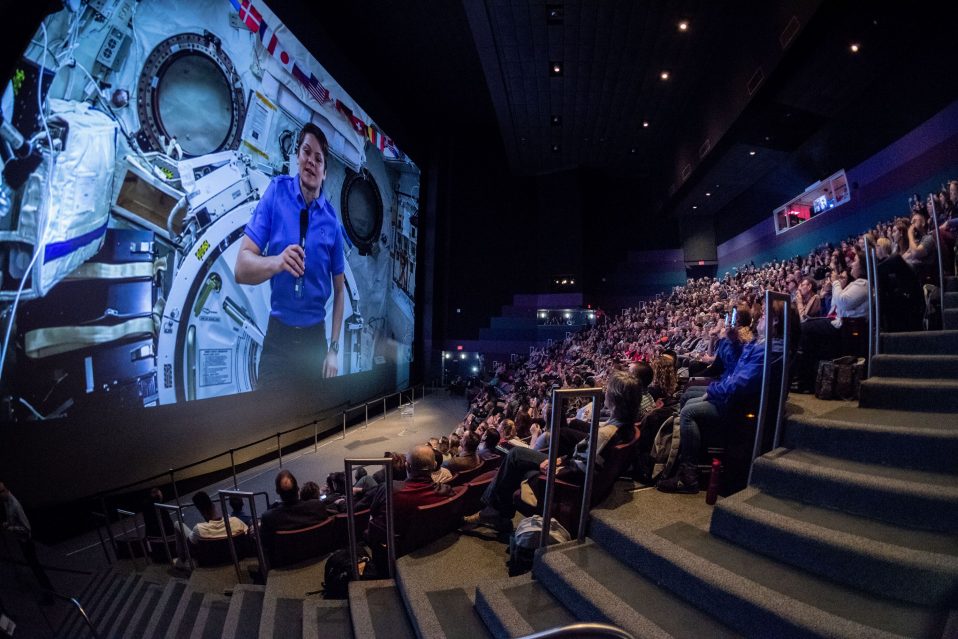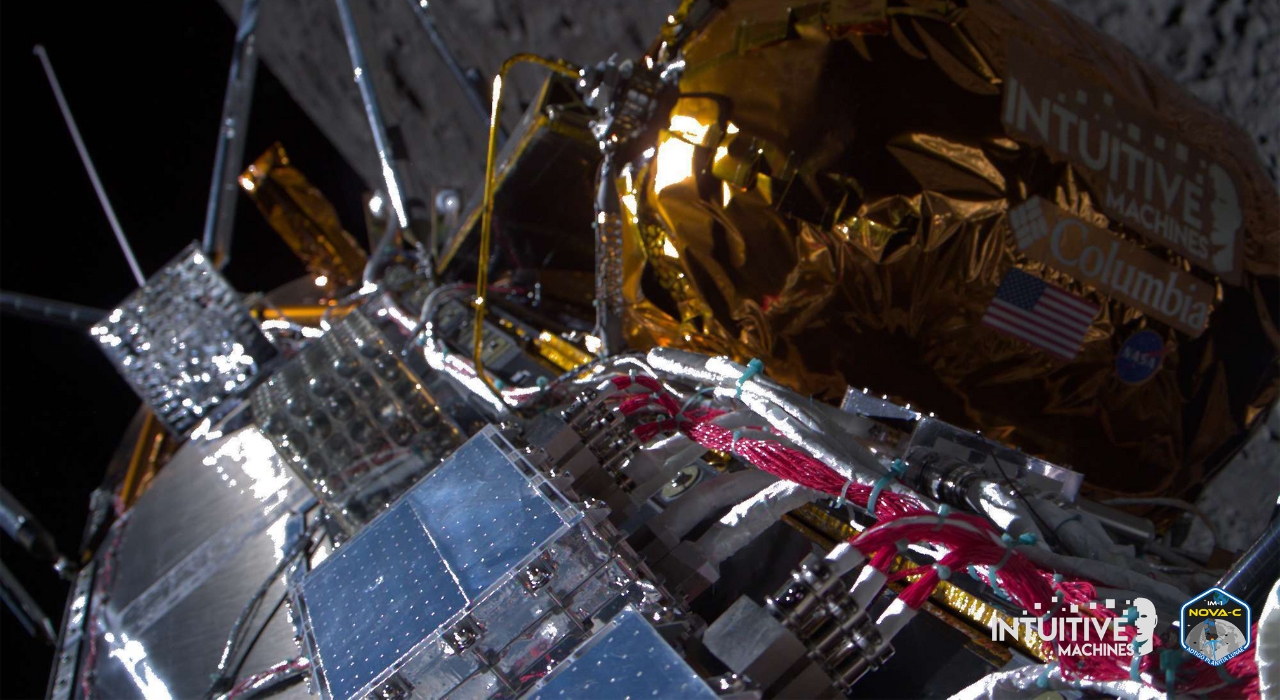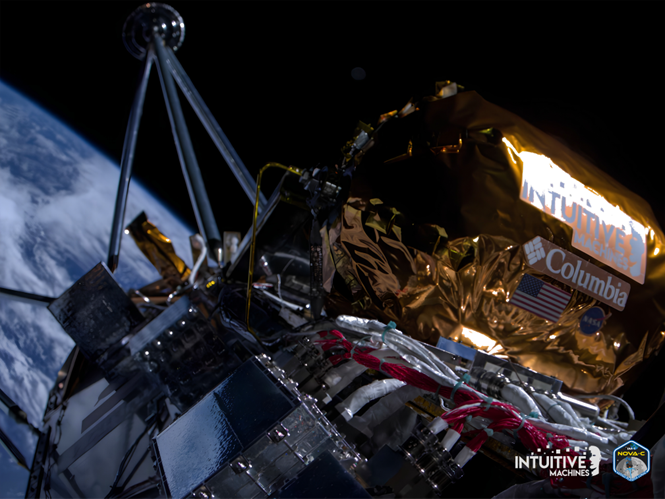Dragonfly: An Overview of NASA’s Mission to Saturn’s Moon
NASA will launch the Dragonfly mission this decade to explore Saturn’s largest Moon, Titan. In this mission a rotorcraft-lander named Dragonfly will explore dozens of locations across the icy world, sampling and measuring the compositions of Titan’s organic surface materials to characterize the habitability of Titan’s environment and investigate the progression of prebiotic chemistry.
Dragonfly will launch in 2027 and arrive in 2034. Dragonfly marks the first time NASA will fly a multi-rotor vehicle for science on another planet; it has eight rotors and flies like a large drone. It will take advantage of Titan’s dense atmosphere – four times denser than Earth’s – to become the first vehicle ever to fly its entire science payload to new places for repeatable and targeted access to surface materials.
Learn about the mission set to explore Saturn’s icy Moon: how we’ll get there; what we’ll do there; and how it could teach us about the building blocks of life in our February Thought Leader Series, presented by UTMB.
About the panel
Panelists for this event include Elizabeth “Zibi” Turtle, Dragonfly Principal Investigator, Johns Hopkins University Applied Physics Laboratory (APL); Dave Buecher, Dragonfly Program Manager, Lockheed Martin; and Ralph Lorenz, Mission Architect, Johns Hopkins University Applied Physics Laboratory (APL).
Dr. Elizabeth (Zibi) Turtle
Dr. Elizabeth (Zibi) Turtle is a planetary scientist at the Johns Hopkins Applied Physics Laboratory (APL). Her research combines remote-sensing observations and modeling of geological structures and their implications for planetary surfaces, interiors, and their evolution, including impact cratering and tectonics on satellites and terrestrial planets, and lakes and seasonal weather on Titan. She is the Principal Investigator for the Dragonfly New Frontiers mission to Titan, Principal Investigator for the Europa Imaging System (EIS) on Europa Clipper, and participated in the Galileo, Cassini, and Lunar Reconnaissance Orbiter missions. She earned a Ph.D. in Planetary Sciences from the University of Arizona and a Bachelor of Science in Physics from the Massachusetts Institute of Technology (MIT).
David Buecher
David Buecher is the Lockheed Martin program manager for NASA’s Dragonfly mission under its New Frontiers program. He also supports NASA’s Europa Clipper mission. Previously, he successfully designed, led, and executed various hardware and systems in support of NASA’s Mars Science Laboratory (MSL), Juno, Mars atmosphere and Volatile EvolutioN (MAVEN), Interior Exploration using Seismic Investigations (InSight) and Mars 2020 missions. Through these roles, he developed extensive experience in engineering spacecraft structures, mechanisms, solar arrays, and entry systems. Buecher has earned multiple NASA achievement and Lockheed Martin innovation, teamwork, and NOVA awards for his leadership in flight technical applications.
Ralph Lorenz
Ralph Lorenz has worked as a Mission Architect since 2006 at the Johns Hopkins University Applied Physics Laboratory (APL), where his activities have centered on Titan, Cassini-Huygens and future missions. Previously, he was an engineer for the European Space Agency on the design of the Huygens probe to Saturn’s Moon Titan and a planetary scientist at the University of Arizona. His interests include Mars, Venus, dust devils, sand dunes, planetary atmospheres and landscapes, and aerospace systems. He is associated with NASA’s InSight mission, the Japanese Venus Climate Orbiter Akatsuki, and is the Mission Architect for Dragonfly, NASA’s next New Frontiers mission (a rotorcraft lander for Titan). He is author/co-author of nine books, including “Titan Unveiled,” “Spinning Flight,” “Exploring Planetary Climate,” and “Space Systems Failures,” as well as over 300 journal publications.







